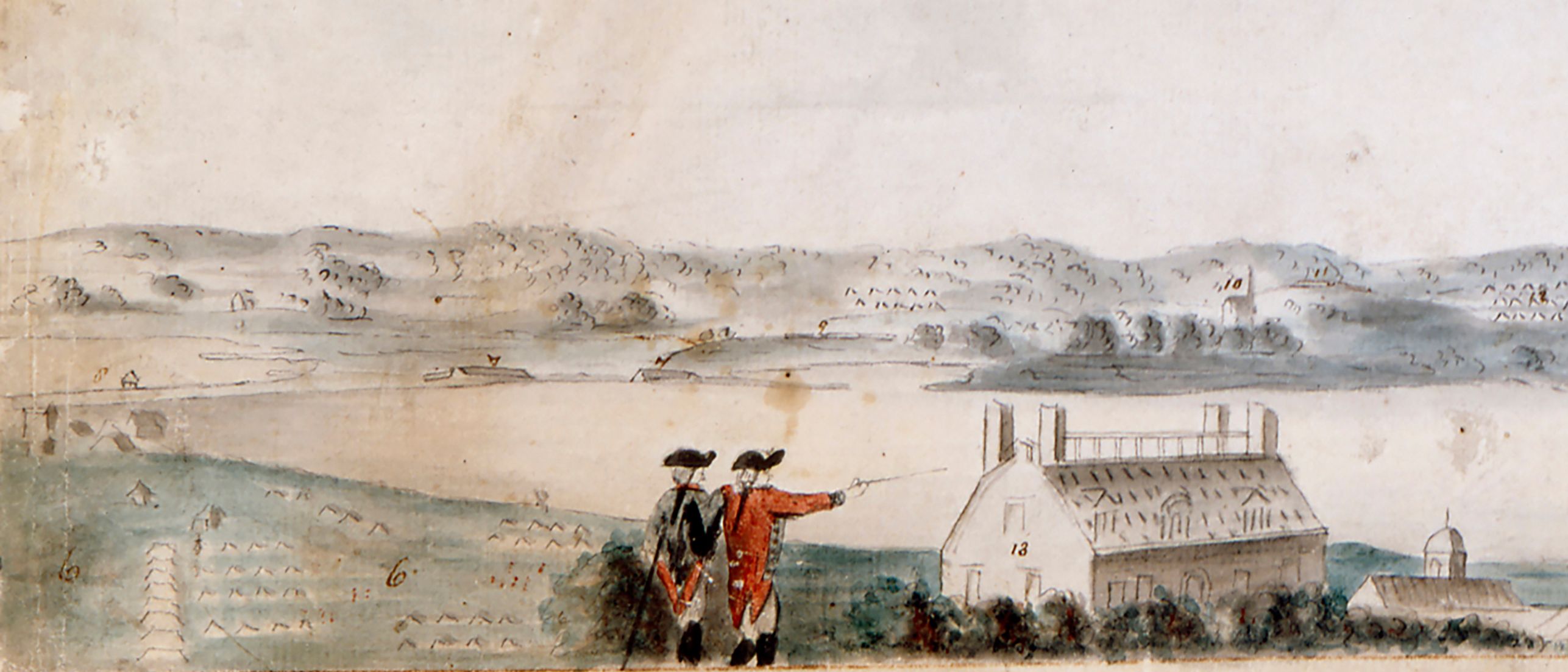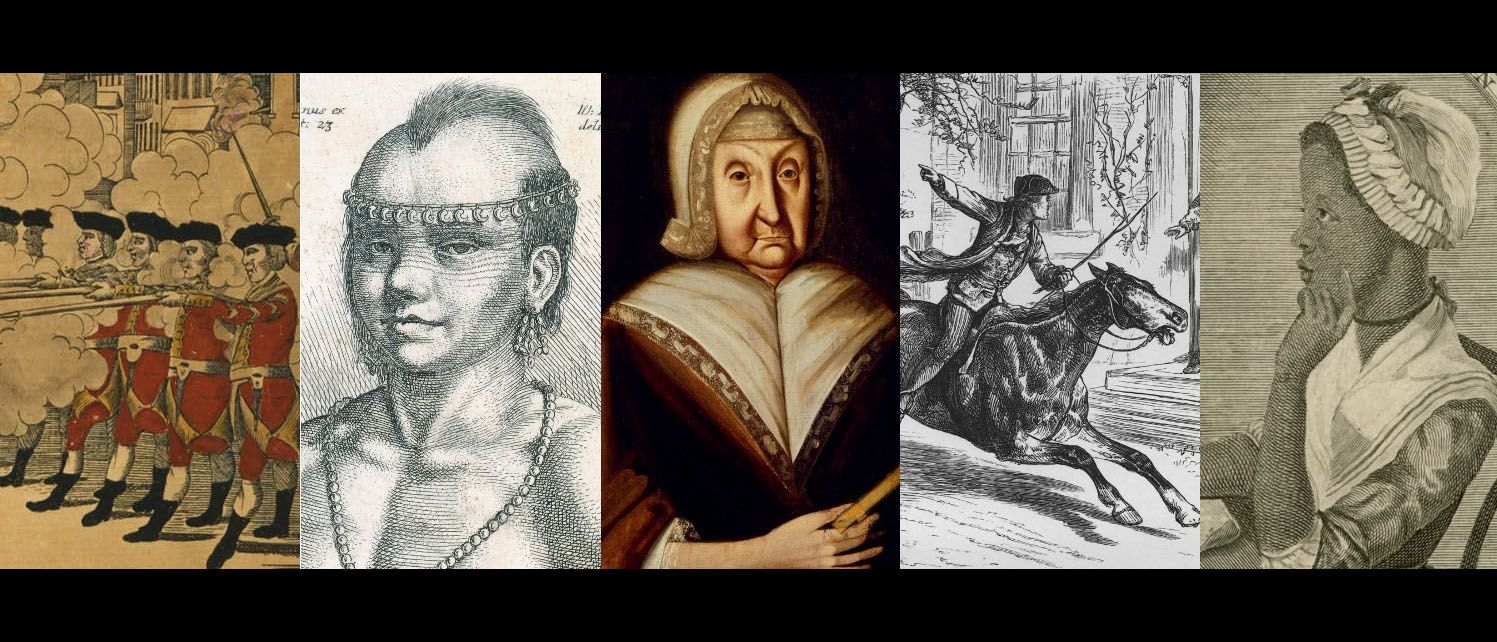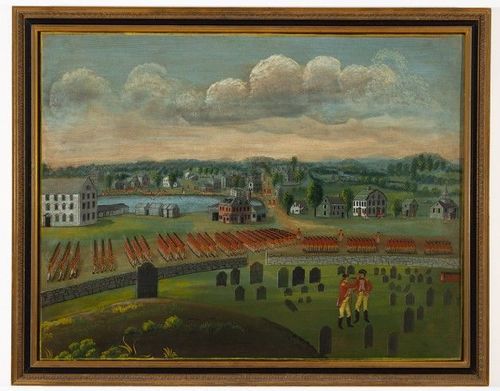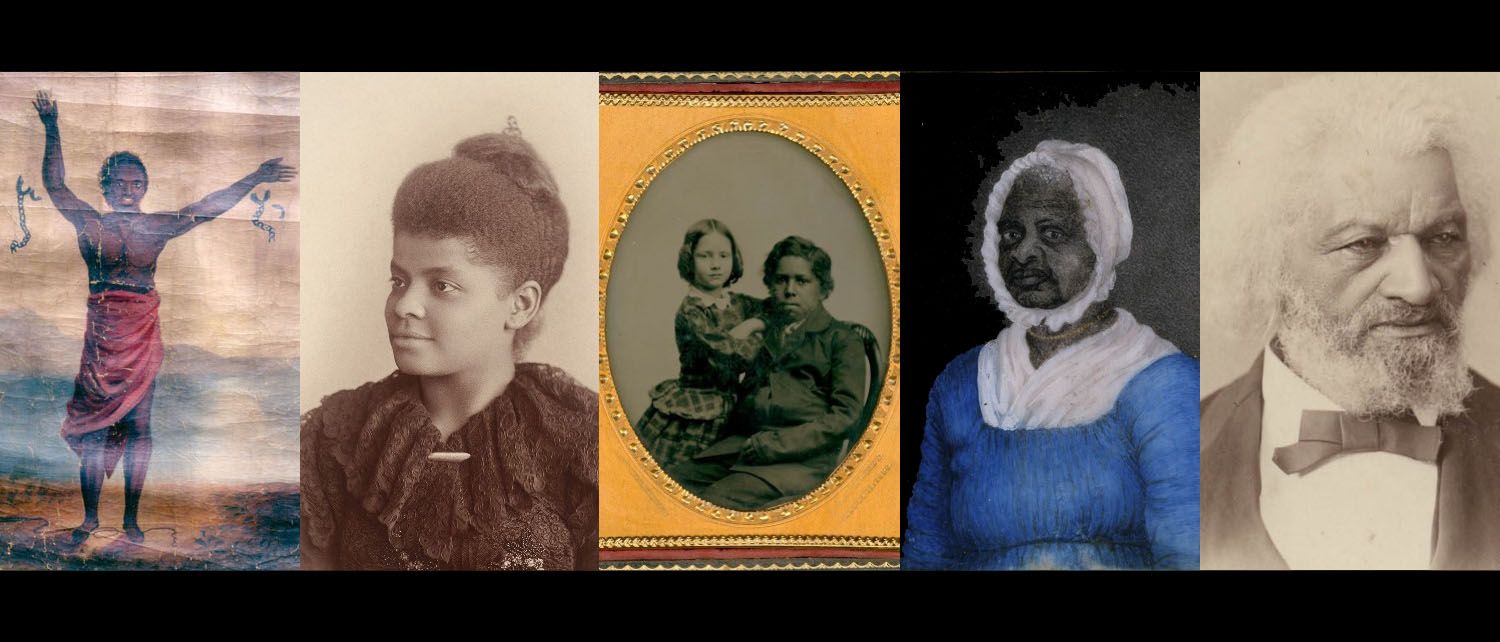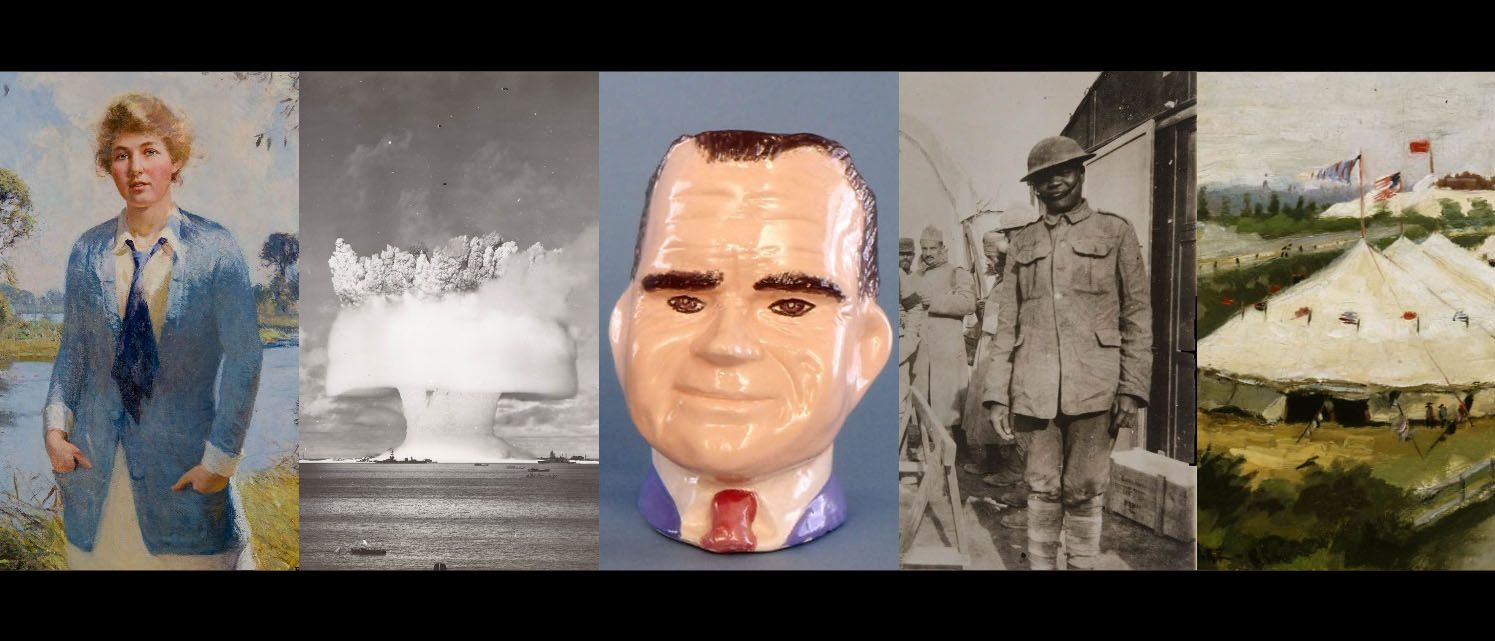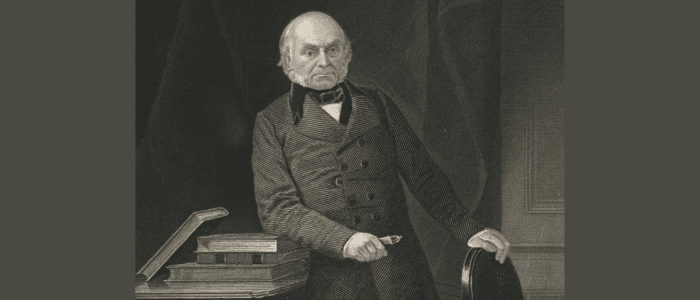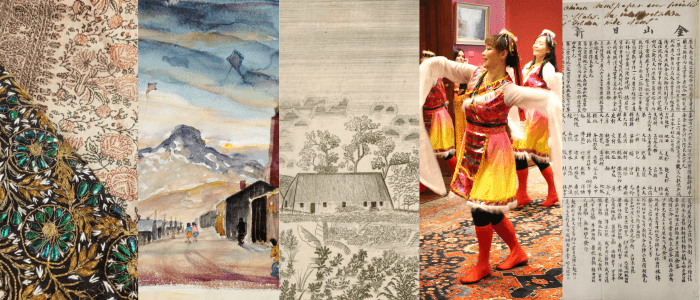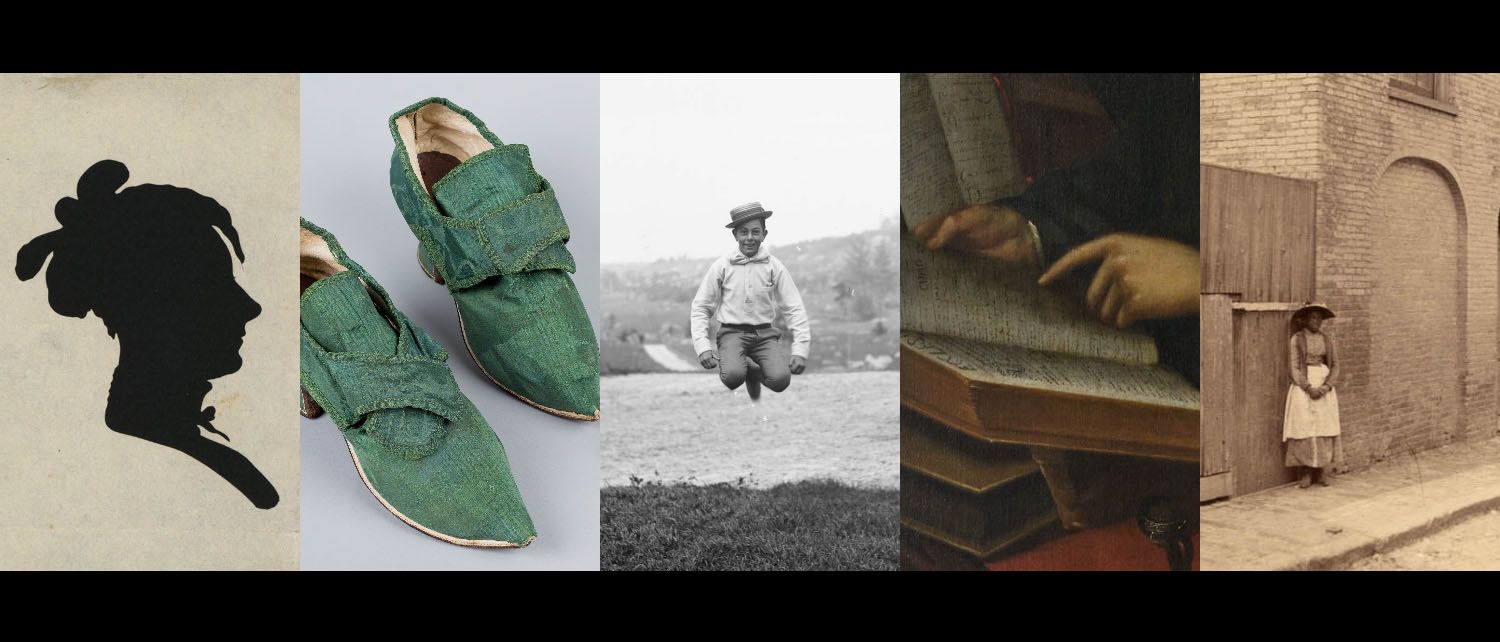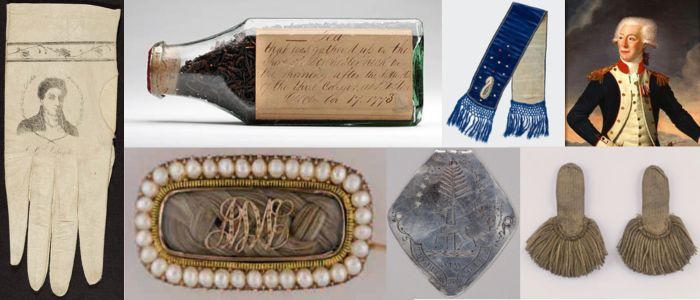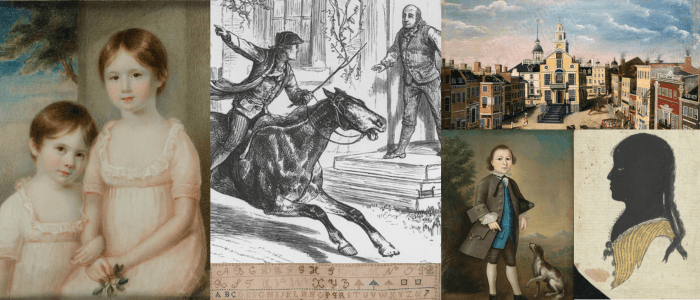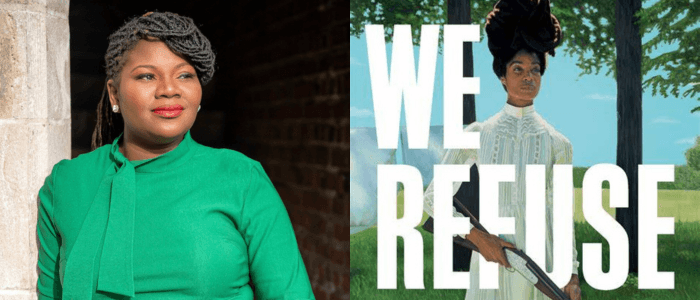Event
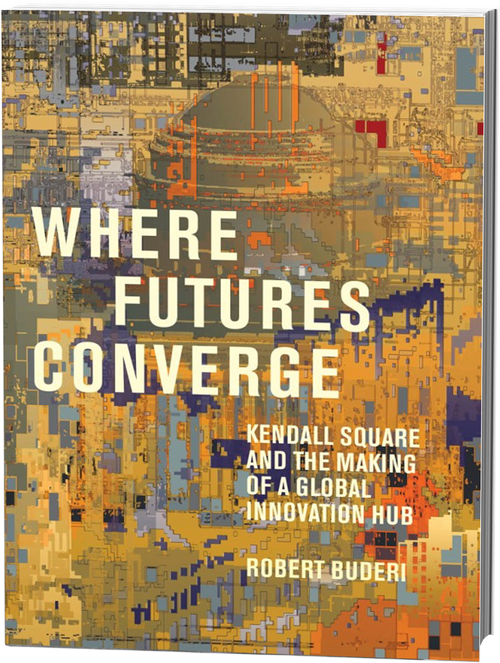
Where Futures Converge: Kendall Square and the Making of a Global Innovation Hub
Robert Buderi
This is a hybrid event. In person, $10 per person fee, no charge for MHS Members, EBT Cardholders, or virtual guests. The in-person reception starts at 5:30 and the program will begin at 6:00.
Kendall Square in Cambridge, Massachusetts, has been called “the most innovative square mile on the planet.” In Where Futures Converge, Robert Buderi offers the first detailed account of the unique ecosystem that is Kendall Square, chronicling the endless cycles of change and reinvention that have driven its evolution. Before biotech and artificial intelligence, there was railroad car innovation, the first long-distance telephone call, the Polaroid camera, MIT's once secret, now famous Rad Lab, and much more. Buderi takes readers on a walking tour of the square and talks to dozens of innovators, entrepreneurs, urban planners, historians, and others. He considers Kendall Square's limitations—it's “gentrification gone rogue,” by one description, with little affordable housing, no pharmacy, and a scarce middle class—and speculates about the next big innovative enterprises and outlines lessons for aspiring innovation districts.
Hybrid Event
The in-person reception starts at 5:30 and the program will begin at 6:00.
Masks are required inside the MHS building. Learn more about our COVID-19 protocols.
The virtual program begins at 6:00 PM and will be hosted on the video conference platform, Zoom. Registrants will receive a confirmation message with attendance information.
